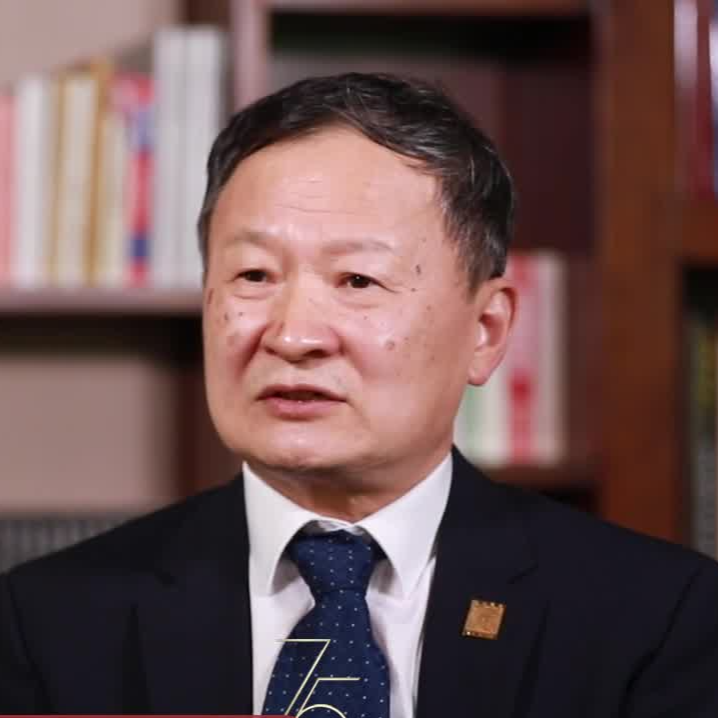F-35: The $2 Trillion Trap the U.S. Couldn’t Escape
F-35, the most advanced stealth fighter aircraft of the US military, is getting on the nerves of taxpayers in the U.S..
According to the U.S. Government Accountability Office, the F-35 program, set in 2001, the total acquisition cost of the F-35 was to be $233 billion, is now projected by the Pentagon to exceed $2 trillion over its entire lifecycle. To curb the ever-mounting budget, the USAF is now resorting to reducing F-35 flight hours by 21%.
Moreover, although Lockheed Martin spent an additional decade beyond its delivery schedule to refine the F35, a 2023 report revealed that the aircraft was only capable of flying missions just over half the time—a program CNN labelled as a “failure at the conceptual level.”
In light of this disastrous shopping experience for the Pentagon, we had the honour of interviewing Professor Wang Xiangsui, a strategist and retired senior Colonel in the People’s Liberation Army. His predictions regarding the US military‘s mindset trap of obsession with achieving technological superiority, made as early as 25 years ago in his book “Unrestricted Warfare,” now appear alarmingly prescient. Regarding the F35, Professor Wang shares his most updated thoughts as follows:
The issues faced by the F35 represent woes shared by many advanced weapons: they can be built, but operating them affordably poses a challenge.
In particular, the stealth capabilities boasted by both the F35 and the F22 require extensive maintenance. The radar-absorbing coating on these aircraft tends to peel off after just a few flights, leading to increased radar signal reflection. Maintenance of their stealth capability could have contributed to the soaring costs of the entire project.
From a national strength perspective, the U.S. has always strived to maintain overwhelming military superiority over other countries. However, this goal comes at a significant cost, as it often leads to the pursuit of extreme performance in weapon equipment without consideration of the inevitable excessive costs. This mindset, as discussed in “Unrestricted Warfare,” is a continuation from the time the United States developed the B2 stealth bomber. While the B2 costs more than its weight in gold, does this guarantee invincibility? In reality, it does not. Even for U.S. stealth aircraft, safe penetrations have become increasingly challenging, meaning situations where they can strike without being struck have become less certain.
We refer to the U.S. mindset as “armour thinking” — the strategy of fending off enemy attacks by continually thickening armour, without considering how the weight of that armour could crush the warrior or their mount. And that’s the cost of pursuing extremity.
Armour thinking can trace its origin back to the historical superiority of the West in weaponry, stemming from its early emphasis on individualization. Throughout the evolution of the Chinese military, emphasis has consistently been placed on the importance of strategies and tactics over weaponry. However, when facing third-world countries, the U.S. and other Western nations have consistently relied on overwhelming superiority in military technologies as their primary strategy.
Concerning the costly F-35 program, I find it quite foolish for the United States Air Force to cut costs by reducing pilot training. How can pilots fully realize the capabilities of these weapons in combat, especially the most advanced ones, if they are not thoroughly trained to achieve the best ergonomics?
Indeed, a dilemma the U.S. willingly plunges into due to its unrealistic desire for perpetual overwhelming technical superiority—a trap it sets for itself in an age of technological explosion.

-1.jpg?fit=300%2C169&ssl=1)



